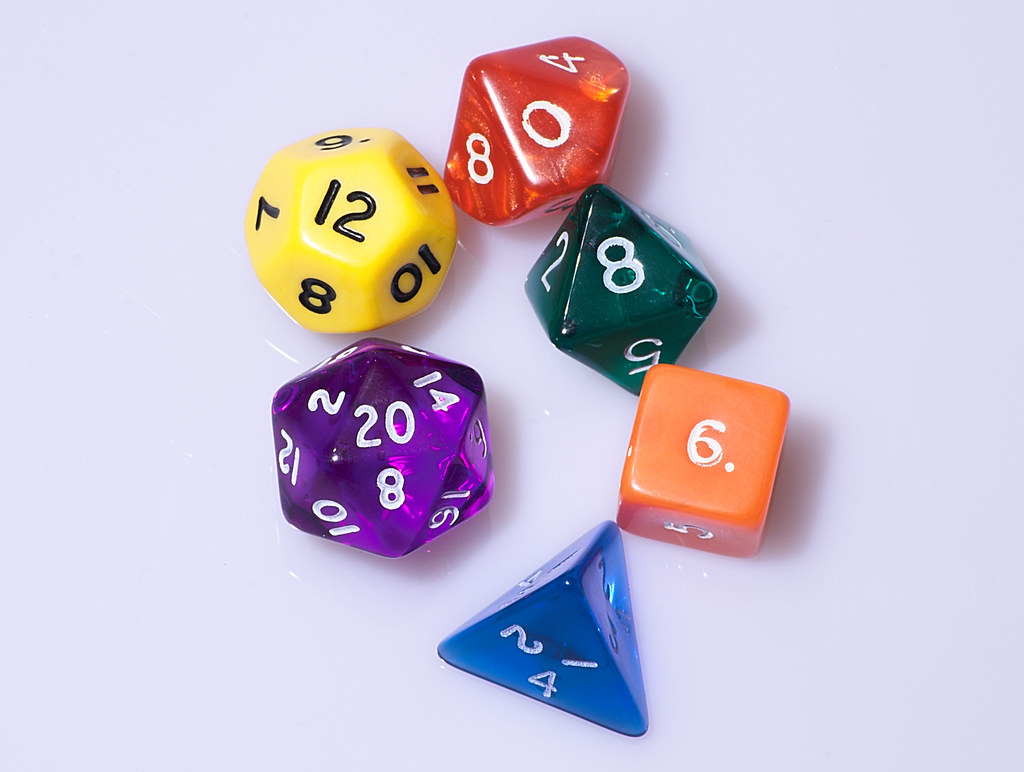The Role-Playing Approach

Okay, maybe not exactly that kind of role-playing approach.
One characteristic of the discipline of open education may be that it interrogates the idea that learning experiences inside and outside the classroom are necessarily distinct. For example, open educational resources (OER), and openly-licensed content in general, provide free, immediate, and permanent access to human knowledge and creativity because of permissions associated with their licensing. Open education also involves both educators and students as creators, and the sharing of adaptable learning materials can have both local and global impact in making learning experiences meaningful, transformative, and culturally-sustaining. Because the discipline is essentially about sharing, there also exists a diverse, strong, passionate, and growing community of practitioners and advocates who engage in debate and collaboration as the space expands. So open education is pretty much both inside and outside of the classroom at the same time, going on all the time in ways we never thought of, whether we are involved in it or not.
In contrast to this whimsical bounty of promise, however, we recognize that the reality for a cross-section of stakeholders may very well be limited at times to specific tasks at hand. Our goal in designing these materials is to strike a balance between the abstract and the concrete by assembling a diverse collection of voices covering theory as contextualized in real, possible scenarios that someone working in open education may likely experience at some point. Each part of this work includes one or more of these role-playing instances, and you will be encouraged to consider how various stakeholders may have different perspectives. What are the various experiences, knowledge, and values that librarians, faculty, students, instructional designers, administrators, bookstores, publishers, advocacy organizations, policy makers, and industries and disciplines bring to the space?
Meet (some of) the Stakeholders
Hover over each of the players to reveal their role.
The purpose of the role-playing approach is not to suggest that the scenarios we’ve chosen are standards or models of work in open education. They are provided as experience-based examples with the intent to share, not to prescribe. (And, of course, this work is openly-licensed, so we hope that fellow and future advocates for open will take the opportunity to revise and remix to fill in the gaps that we have left.)
In the process of developing the scenarios and bringing together the resources comprising this material, we have mapped learning objectives to the Open Maricopa OER Professional Development Competencies Framework. Our intent is for the application of theory and pedagogy contained in this work will prepare you for any number of meaningful real-world scenarios in which you will be playing some role or another in open education.

